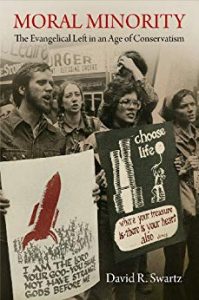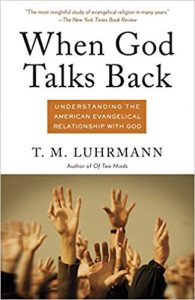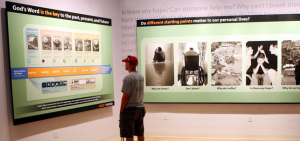By Molly Worthen
In 1968, Mark Hatfield, one of America’s most prominent evangelical politicians, wanted to abolish the draft and clandestinely wore a Eugene McCarthy pin under his lapel. A Republican senator from Oregon, Hatfield had fans in evangelical churches around the country. When organizers of the 1973 National Prayer Breakfast invited him to address Richard Nixon, Henry Kissinger and other conservative luminaries (the Vietnam War was a “national sin and disgrace,” he told them), he based his remarks on a text written by a renegade seminarian named Jim Wallis — a former member of Students for a Democratic Society who believed that being “pro-life” meant hating war and poverty as much as abortion.
If the historian David R. Swartz is right, Hatfield, Wallis and their supporters were not just forgettable anomalies in the inexorable rise of the Christian right. The early 1970s were not “the Reagan Revolution-in-waiting,” he contends, but an unsettled era when evangelicals’ ambivalent political impulses had not yet hardened and left-leaning activists had prospects nearly as bright as their peers on the right. Today, in the midst of Capitol Hill gridlock and the slugging matches of partisan super PACs, “Moral Minority” jogs our historical memory and challenges our imagination: not so long ago, the American political landscape was very different.



